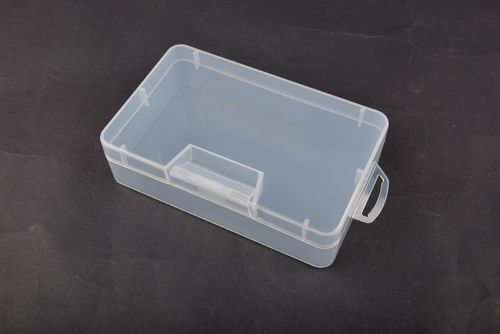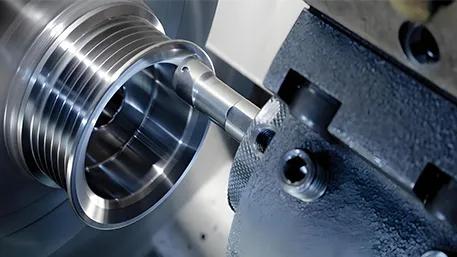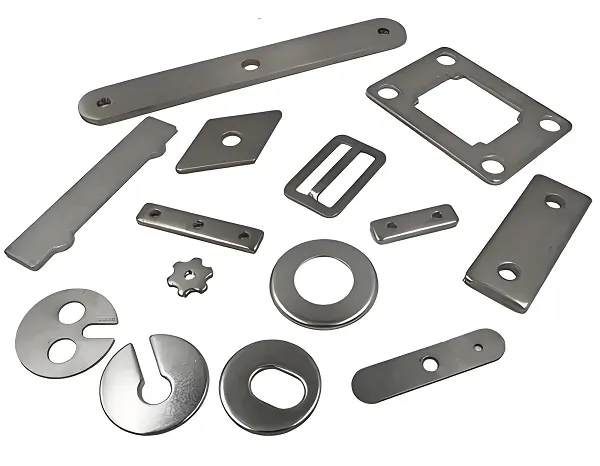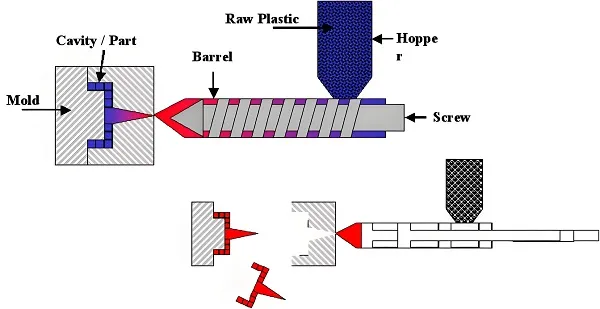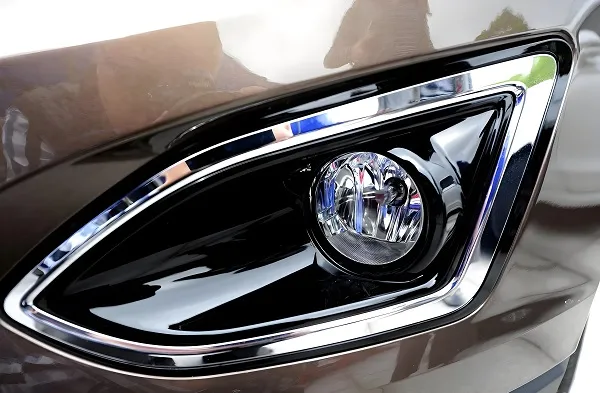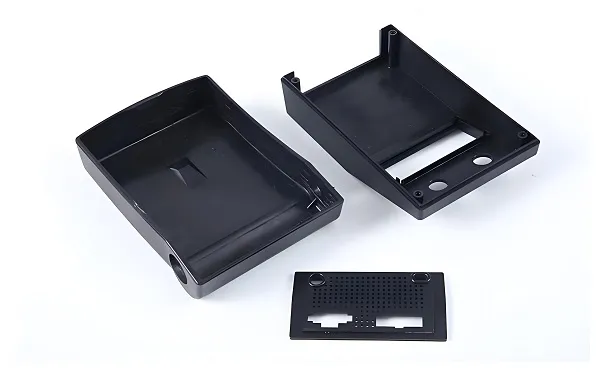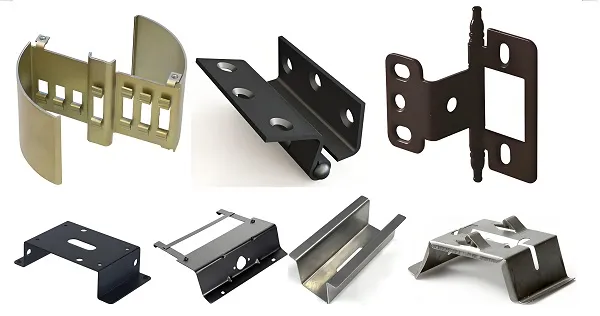As a national high-tech enterprise with 26+ years of manufacturing experience, Goldcattle specializes in custom injection molded transparent enclosure parts—tailored for electronics, medical devices, consumer goods, and industrial equipment. Backed by cutting-edge processing technologies, ±0.005mm precision equipment, and SGS/CE/ISO 9001 certifications, we deliver high-clarity, durable, and dimensionally accurate enclosures based on your drawings or samples.
Core Processing Technologies: The Foundation of High-Quality Transparent Enclosures
Our technical advantages in transparent injection molding stem from 26 years of process accumulation and advanced equipment investment, ensuring every part meets strict optical and dimensional standards.
1. High-Precision Injection Molding Equipment & Parameter Control
- Advanced injection molding machines: Equipped with 20+ sets of precision injection molding equipment (100-500 tons clamping force), including Haitian MAⅢ series and Sumitomo SE-EV models. These machines feature servo-electric drive systems for stable pressure control (±0.1bar) and high-speed injection (up to 300mm/s), ensuring uniform melt filling even for thin-walled enclosures (minimum wall thickness 0.3mm).
- Intelligent parameter optimization: Adopts MES system to real-time monitor and adjust key parameters (melt temperature, injection speed, holding pressure) based on material properties. For example:
- PC materials: Melt temperature controlled at 280-300℃, holding pressure 80-100bar to prevent internal stress and cracking.
- PMMA materials: Lower injection speed (50-80mm/s) to avoid shear-induced yellowing, ensuring 92%+ light transmittance.
2. Ultra-Precision Mold Manufacturing & Surface Treatment
- Mirror polishing technology for molds: Molds for transparent enclosures undergo 8-level mirror polishing (Ra≤0.02μm) using diamond abrasives and ultrasonic polishing machines. This eliminates mold surface defects (scratches, pits) that could transfer to the product, ensuring the final enclosure has a “glass-like” smooth surface.
- High-efficiency cooling system design: Integrates 3D-printed conformal cooling channels (±0.1mm precision) that fit the enclosure’s complex contours. Cooling time is reduced by 30% compared to traditional straight channels, minimizing warpage (≤0.1mm/m) and improving dimensional stability.
- Anti-sticking mold technology: For PMMA and PETG materials prone to adhesion, the mold cavity is treated with PVD coating (titanium nitride), reducing friction coefficient by 40% and ensuring smooth demolding without scratches.
3. Advanced Secondary Processing & Assembly Technologies
- Precision cutting & drilling: Uses 5-axis CNC machining centers (DMG MORI model) with ±0.002mm positioning accuracy to process holes, slots, and notches on transparent enclosures. Suitable for electronics enclosures requiring precise alignment with internal components (e.g., sensor ports, button positions).
- Laser welding: Adopts fiber laser welding technology (welding seam width 0.1-0.5mm) for assembling multi-piece transparent enclosures. Compared to traditional glue bonding, it avoids residue and yellowing, ensuring 100% airtightness and maintaining 90%+ light transmittance at the joint.
- Optical coating: In-house vacuum coating line applies anti-reflective (AR) or anti-fingerprint coatings. AR coating reduces light reflection from 8% to ≤1.5%, enhancing display clarity for screen enclosures; anti-fingerprint coating makes the surface oil-repellent, reducing cleaning frequency by 50%.
4. Strict Quality Inspection Technology
- 3D optical measurement: Uses Zeiss COMET L3D 3D scanners to inspect the entire enclosure surface, with a point cloud density of 5 million points/sec. Dimensional deviations are visualized in color maps, ensuring all key dimensions (length, thickness, hole position) meet ±0.005mm tolerance requirements.
- Optical performance testing: Equipped with UV-Vis spectrophotometers (PerkinElmer Lambda 950) to detect transmittance (380-780nm wavelength) and haze; only products with transmittance ≥90% and haze ≤1% pass inspection.
- Defect detection: Automated optical inspection (AOI) systems with 20MP cameras and AI image recognition (99.9% defect recognition rate) identify micro-bubbles (≥0.05mm), scratches (length ≥0.1mm), and foreign particles, ensuring zero defective products in mass production.
Technical Advantages in Material Adaptation
With 26 years of experience in processing transparent materials, we’ve optimized process parameters for different materials:
| Material | Key Processing Technologies | Technical Advantages |
|---|---|---|
| PC (Polycarbonate) | High-temperature injection (280-320℃), multi-stage pressure holding (60-100bar) | Impact resistance (15kJ/m²), suitable for industrial equipment enclosures requiring durability. |
| PMMA (Acrylic) | Low-shear injection (screw speed 50-80rpm), slow cooling (50-60℃ mold temperature) | Transmittance ≥92%, ideal for high-end consumer electronics (e.g., smart watch screens). |
| PETG | Medium-pressure injection (70-90bar), rapid cooling (15-25℃) | Excellent chemical resistance, suitable for medical device enclosures (resistant to disinfectants). |
Application Cases: Technology in Action
- Medical monitor enclosures: For a Fortune 500 medical device company, we produced PC transparent enclosures with 0.8mm thin walls. Using conformal cooling and laser welding, the product passed ISO 13485 certification, with transmittance ≥91% and dimensional stability after 1000 sterilization cycles (autoclave 134℃).
- Smart home display enclosures: Custom PMMA enclosures with AR coating for a leading IoT brand. The 5-axis CNC machined ports ensured precise alignment with internal circuit boards, and the anti-fingerprint coating reduced customer complaints by 60%.
Partner with Goldcattle: Technology-Driven Customization
Backed by 26 years of technical accumulation, 100+ advanced processing equipment, and a team of 50+ engineers (10+ years of experience in transparent molding), we support one-stop customization from design optimization to mass production.
Get technical support now: Send your 3D drawings (STEP/IGS format) to [email] for free DFM (Design for Manufacturability) analysis, and receive a detailed technical solution within 24 hours.
“Goldcattle’s precision molding technology solved our long-standing problem of PMMA enclosure warpage. Their 5-axis machining ensured the sensor ports aligned perfectly—saving us 20% in assembly time.” — Engineering Director, a leading electronics manufacturer
Contact us: +86-18150097490 | charlie@plasticmetalparts.com
Address: Xiamen, Fujian, China
Address: Xiamen, Fujian, China

